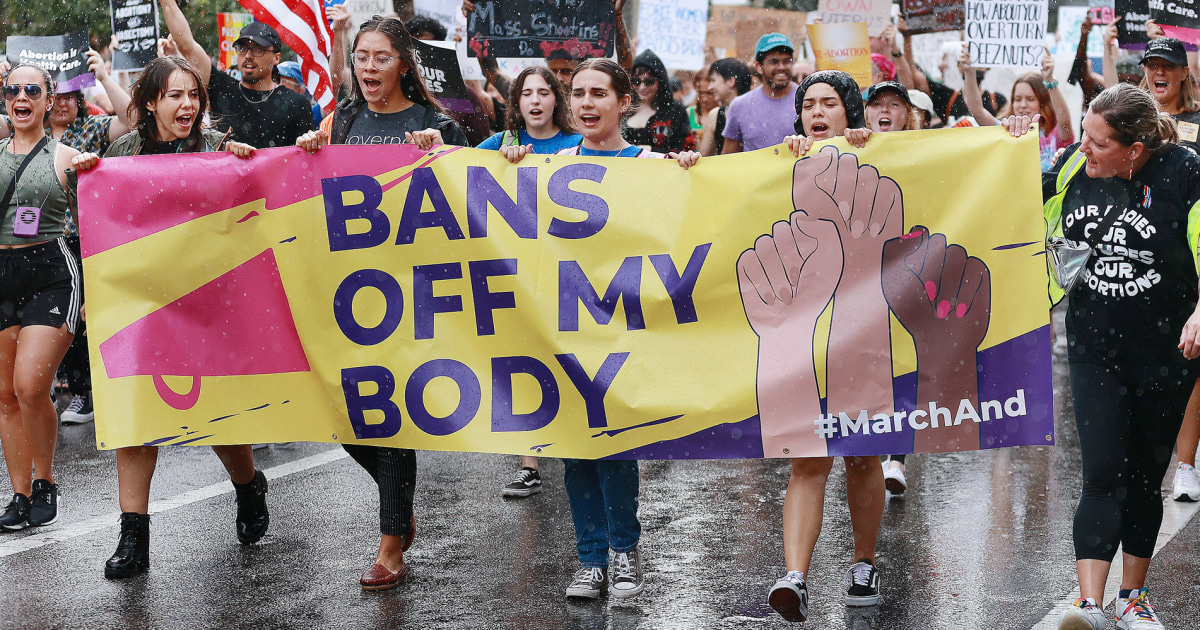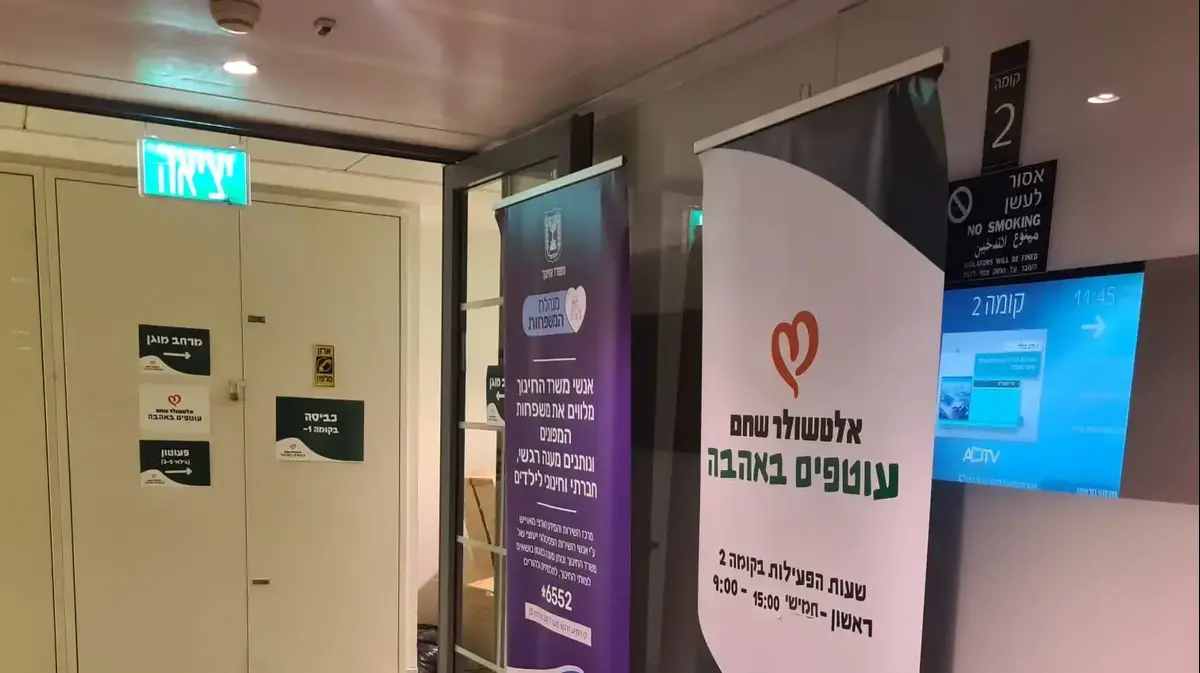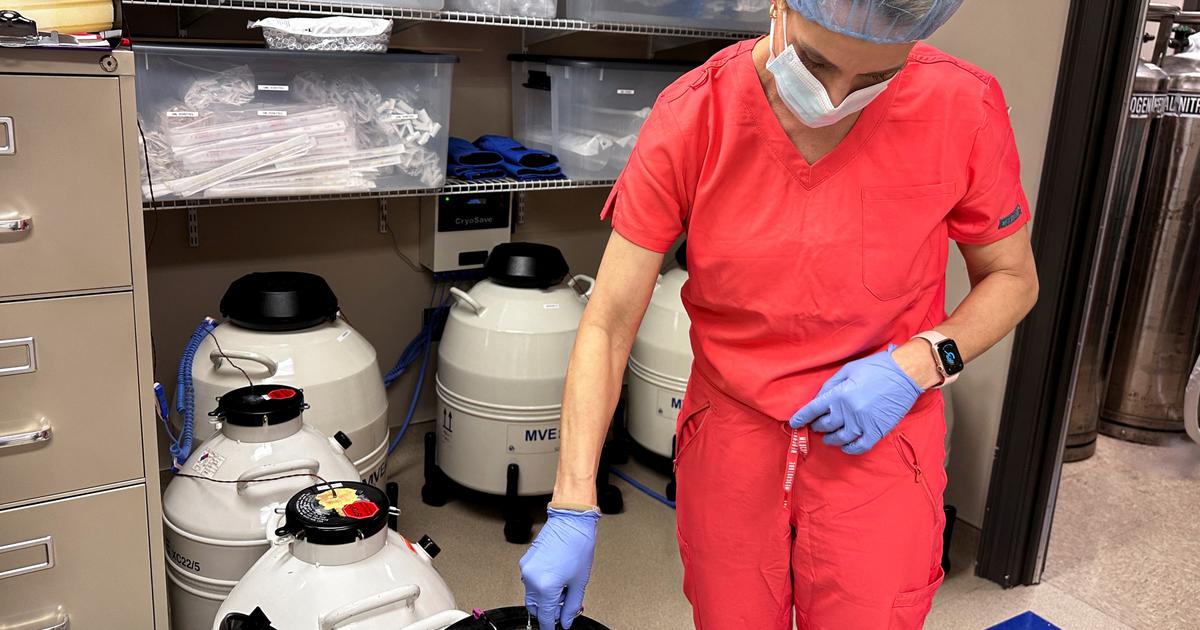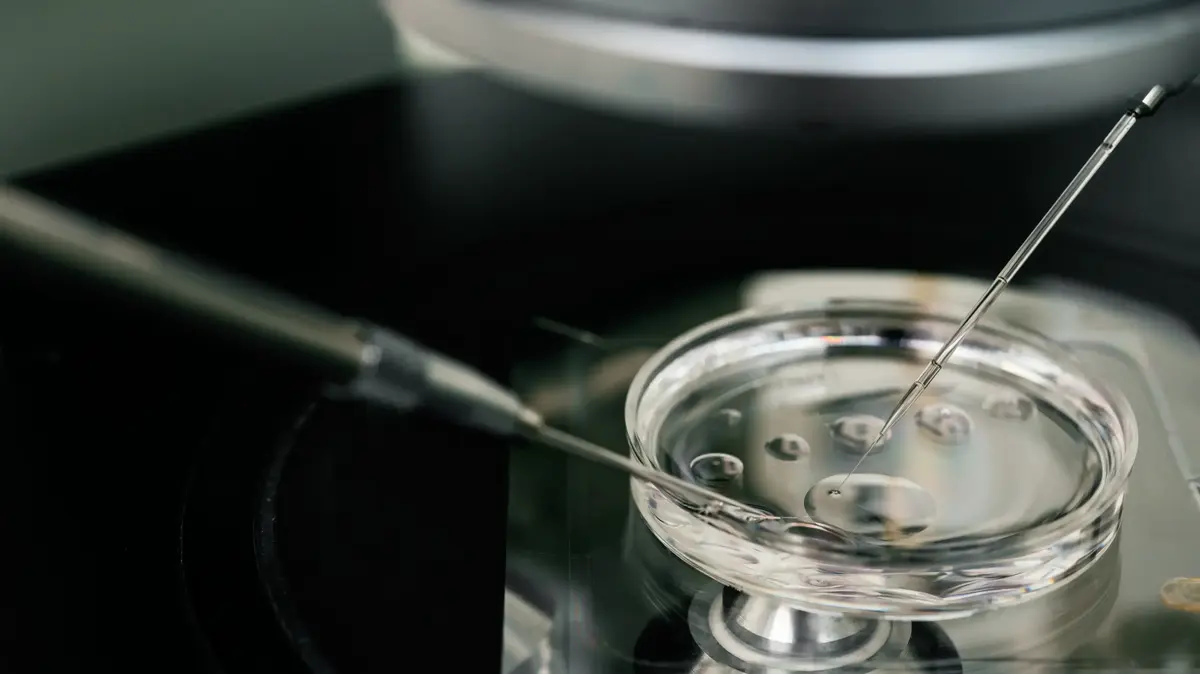By Bracey HarrisNBC
News
MEMPHIS, Tennessee — On Friday morning, a voice message appeared on the patient's phone: She had to call the clinic immediately.
The Supreme Court had just overturned Roe v.
Wade, wreaking havoc on an already fragile and limited system of abortion care across the South, and hundreds of women learning that the abortions they were seeking were now illegal.
In Tennessee it was not yet so, but the extension was temporary.
[What You Should Know About Abortion Rights Following Supreme Court Ruling Overturning Roe v. wade]
The patient contacted an employee at Choices, an independent clinic in Memphis, around noon.
The worker told her that they were canceling some upcoming appointments for her and that they would call her soon to update her on the status of hers.
Her intervention was scheduled for Monday.
By then, there was a chance that it was too late.
Tennessee is one of the few states with trigger laws where the abortion ban does not go into effect immediately.
The delay is expected to last at least 30 days.
But there is another measure that is expected to take effect sooner.
On Friday, Tennessee's attorney general asked the Sixth Circuit Court of Appeals to allow a state law to go into effect that largely bans abortion around six weeks of pregnancy, which would stop about 90% of the procedures in Choices.
The decision could come as early as Monday.
The 31-year-old patient, who requested anonymity to protect her privacy, had five children at home, the youngest of whom was not yet two years old.
He was in his first trimester of pregnancy, but he was already past six weeks.
Daycare was already costing her family almost $900 a month, which she paid for with what she earned from her job at a big-box store.
Baby care was expensive, she remembers telling her partner about it.
She had applied for Women, Infants and Children (WIC) Special Supplemental Food Program benefits but had been denied.
[“Guns have more rights than women”: protesters clash after end of Roe v. wade]
She remembered giving birth to her son during the pandemic, when hospitals were so overcrowded that she gave birth for a day before being admitted to a maternity ward.
“This is not something I want to do,” he clarified.
He waited at home in a panic.
Choices CEO Jennifer Pepper looks out at the media gathered outside the building on Saturday, one day after the Supreme Court decision. Andrea Morales for NBC News
On Thursday, Choices CEO Jennifer Pepper met with Illinois State Police to discuss the new clinic Choices is opening in the state, where abortion is expected to remain legal.
She was sitting in a coffee shop in Alton, Illinois, on Friday morning when she saw the Supreme Court's decision.
My God, he thought.
"It's here.
He is already here.”
His body began to tremble.
The clinic's attorney called, and then called again.
Should the clinic stop the abortions immediately?
The lawyer advised: go ahead and try to see as many people as you can.
Pepper drove south toward Memphis.
The husband of a board member called out to her as she walked past a series of billboards with anti-abortion messages.
One read: "If babies could vote, abortion would be illegal."
["They are messing with our rights": the LGBTQ community fears losing protection after Supreme Court ruling]
"You're on the worst stretch of road right now," he told her.
Back at Choices, the staff decided to prioritize seeing patients who had already come in for their initial consultation and had waited 48 hours, a pause required by Tennessee law.
The goal was to offer abortion care to as many people as possible, before the six-week ban came into effect.
In a city where the fault lines of poverty and a history of racial segregation have pushed many to the margins, Pepper had little doubt who would be hurt the most.
“Pregnancy is dangerous in this country.
That danger has just increased exponentially for entire communities of people,” she opined, listing black and brown women, those living in poverty, those who use drugs, single women and transgender women.
"Our health system is fundamentally broken, especially the system that cares for the most vulnerable among us," she added.
It was nearly 3:00 PM on Friday when the Memphis patient heard from the clinic.
The staff had moved her appointment from Monday to Saturday.
She could receive abortion care, likely among the last trickle of patients in Tennessee.
Trump celebrates the repeal of Roe v.
Wade and boasts of having nominated the magistrates who made it "possible"
June 24, 202200:33
Much of what he had to do to get that date in post-Roe America was out of his control.
At least 48 hours had passed since he received the initial consultation required by Tennessee.
Patients who had not yet come to his consultation could not do so during the weekend.
She was far enough into her first trimester that the clinic didn't require her to receive sedation, which was important because the anesthetist couldn't work that Saturday.
Patients who were further along in their pregnancy had appointments cancelled.
[Abortion clinics close immediately after the end of Roe v. Wade and patients miss scheduled appointments]
If she had been one of those cancelled, she would have continued her pregnancy.
"I wasn't going to travel beyond the borders of the state of Tennessee, because I have to be at work," he explained.
His children were at a summer camp.
The stress of making a travel plan would “overwork” her body.
Friday's decision felt "as if a man had broken down," he noted.
He felt sorry for the others who missed their appointments, and for those who won't be able to make it in the future.
“I feel sorry for them,” he said.
“It's going to be tough for a lot of women who are forced to have children they're not ready for.
It's going to be tough,” she added.
Joy Evans, patient educator and LGBTQ+ coordinator, calls a patient to explain how limits on abortion care in Tennessee would affect her appointment.
On the right, Evans holds her hands together as she describes how she learned of the Supreme Court's decision.
Andrea Morales for NBC News
Joy Evans, a patient educator at Choices, was on the phone Friday morning with a patient who wanted to reschedule a June appointment for early July when her daughter texted her.
“Have you heard the news?” he would say.
Soon after, the staff met at the clinic's call center.
Evans was standing with his arm around a co-worker, he later recalled.
Some cried.
Others were angry.
[A magistrate asks to “reconsider” protections for contraceptives and same-sex weddings]
"We knew it was going to happen, but reality didn't set in until we heard it and saw it from the directors," Evans said.
When Evans, 44, returned to his table, he took a moment to reflect.
He didn't want to get emotional while he talked to the patients.
He called back the patient who wanted to come on July 1.
He started each call the same way: "This is Joy to Choices."
He asked the woman on the other end to verify her date of birth.
One defends abortion, another condemns it: Latina women weigh in on the repeal of Roe v.
Wade
June 25, 202201:46
Later, she remembers him telling her kindly, "I'm sorry to tell you, but unfortunately we won't be able to offer you your services."
"No, why?" shouted the voice on the other end.
Evans asked if he had seen the news.
"We didn't have a deadline," Evans recalled him telling her.
"We waited and clung to July 11."
[More than a dozen states ban or limit abortion following Supreme Court ruling. This is the access map]
“I can't have this baby.
I already have four”, said the patient.
Before each call, Evans took a moment to collect himself.
She called a woman who had tried to get an appointment at a clinic in Missouri, but had instead booked with Choices in hopes of being seen sooner.
At one point, the partner of the person she was calling came on the phone.
“Ma'am, I don't know what to do.
I can't have any babies," Evans pleaded.
"My heart was broken," Evans said.
“It was a young couple.
It was her first pregnancy,” he added.
He gave the caller the number for the Hope Clinic for Women, an abortion provider in Granite City, Illinois, nearly 300 miles (482 kilometers) away.
"As the day went on, it didn't get any easier," he said.
Eventually, the phone lines became so overloaded that the building's system crashed.
The clinic received more than 5,000 calls, as many as they usually get in a week.
Evans has trouble sleeping, as do other clinic staff.
“We do our best not to take work home, but things like this…it's just…” She pauses, searching for the right words.
The chair a patient used during his recovery at Choices. Andrea Morales for NBC News
On Saturday morning, the 31-year-old patient was sitting with a blood pressure cuff around her right arm and a blanket around her waist.
Her chair in the recovery room at Choices was equipped with a button she could push to heat the seat to ease discomfort.
She was one of 16 women who received abortion care there on Saturday.
A medical assistant took her temperature and monitored her vital signs, keeping an eye out for rare complications.
The patient planned to return home soon with her five children and try to rest.
Choices is usually closed on Sundays, but the staff opened the doors at 8:30am.
Twenty-three abortions were scheduled, the last the clinic plans to offer to pregnant patients after heart activity is detected, at about six weeks.
[Health for Hire: An Investigation of Latinos Making a Living in Clinical Trials]
Among the patients who arrived Sunday morning was a 25-year-old woman studying law at the University of Memphis.
Like most of the patients waiting in the lobby, she was black.
She was a student when she found out that she was pregnant with her daughter, who is now 5 years old.
She did not feel financially prepared to have another child.
"I want to be ready by the time I'm in my 30s," she said.
His intervention was initially scheduled for early July, but the clinic moved up the appointment after the decision of the Supreme Court.
"They shouldn't take it right away," he said.
“Many women find themselves in situations where some don't have the financial ability to support a child,” she added.
Choices staff members are waiting to see how much longer Tennessee will allow them to continue offering abortion care following the Supreme Court's decision. Andrea Morales for NBC News
On Monday, instead of the 20 patients the clinic sees on a typical day, there are only a handful of scheduled appointments.
Three patients are early enough in their pregnancy that staff believe they could continue to receive medical abortions even if the six-week ban goes into effect.
It's also unclear when the 30-day window clock starts before Tennessee's trigger ban can be applied, according to Pepper.









